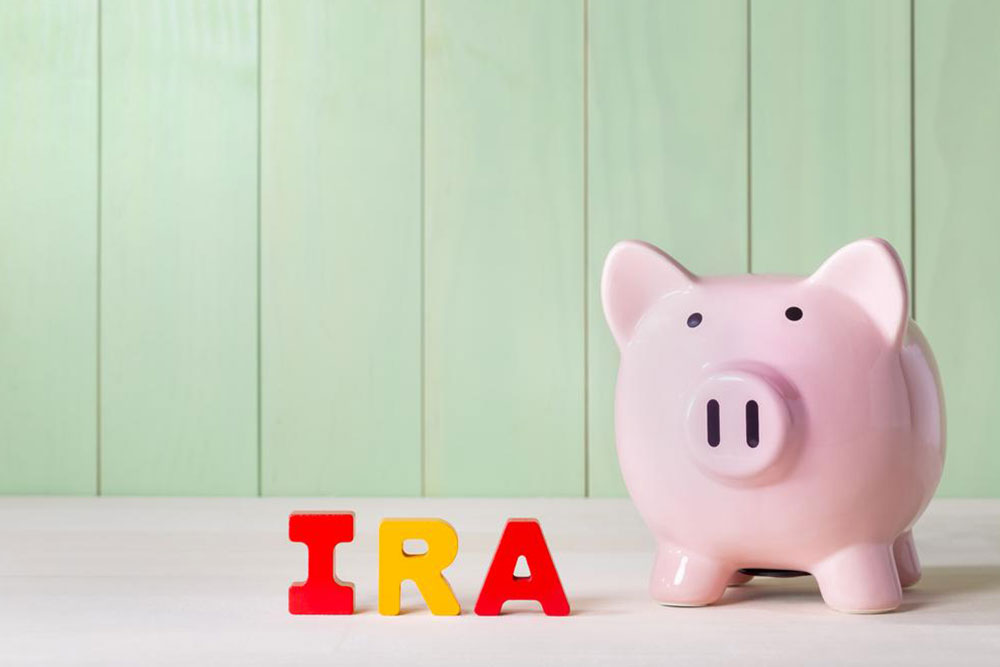Effective Retirement Planning Strategies for Small Business Owners Considering Early Exit
This comprehensive guide offers small business owners valuable strategies for early retirement planning. It covers income assessment, investment options, choosing suitable retirement plans like Solo 401(k) and SEP IRA, and lifestyle considerations. Starting early is emphasized to maximize savings and minimize taxes, ensuring a secure and comfortable retirement. The article also explores location and healthcare planning, helping business owners prepare thoroughly for their future. With detailed insights, this article aims to empower entrepreneurs to take proactive steps toward a successful retirement.

Effective Retirement Planning Strategies for Small Business Owners Considering Early Exit
Planning for retirement can be challenging, especially for small business owners contemplating an early exit from their enterprise. As you approach the final chapter of your business journey, securing a stable and comfortable financial future becomes paramount. Engaging in early retirement planning not only provides peace of mind but also allows you to tailor your investment strategies to meet your specific needs and lifestyle aspirations post-retirement.
Starting early is crucial. It offers a wider range of investment options and flexibility to optimize your savings. The first step involves a thorough assessment of your current income streams and a clear estimate of your expenses after leaving the workforce. This evaluation aids in creating a realistic vision of your financial requirements during retirement. Whether your income comes from business profits, investments, or other sources, understanding your cash flow is essential in crafting an effective plan.
Once your financial picture is clear, it's advisable to develop a comprehensive, long-term retirement plan. This plan should incorporate various investment vehicles, taking into account your risk tolerance, expected retirement age, and lifestyle preferences. For example, might you want to pursue travel adventures, hobbies, or participate in community events? These activities can be enjoyable, but they may also incur significant costs, necessitating well-planned fund allocations.
Another vital aspect of retirement planning is considering where you will live post-retirement. Some small business owners opt to relocate to retirement-friendly communities or urban areas with better healthcare facilities and amenities. Such decisions can impact your overall expenses and quality of life. Moreover, preparing for potential medical costs is essential because healthcare often constitutes a substantial part of retirement expenditures.
Income stability is a cornerstone of successful retirement planning. As a small business owner, it's crucial to establish a steady income stream to sustain your lifestyle. Patience and diligent research are necessary when selecting investment options. Understanding the variety of available plans enables you to maximize your savings and minimize tax obligations, thereby increasing your overall retirement nest egg.
Given your experience in managing your own business, you are likely comfortable with independent decision-making and multitasking. However, navigating retirement plans can be complex, and comparing different options is recommended to identify the most suitable plan for your unique circumstances. This may include regular contributions, tax advantages, and flexibility in withdrawal options.
It's important to remember that your retirement savings are often your primary financial resource. Unlike employer-sponsored plans, your fallback options might be limited. If you are a sole proprietor without additional employees, establishing a Solo 401(k) plan can be advantageous. This plan allows for increased contribution limits, enabling you to save more aggressively towards your retirement goals. For 2023, total contributions—covering both employee and employer contributions—can reach up to $66,000, providing significant tax-deferral benefits.
Alternatively, a Simplified Employee Pension (SEP) IRA offers an easy-to-implement and low-maintenance retirement plan option. It is suitable for sole proprietors and small business owners, with the added benefit that it can incorporate employees if your business expands. When selecting a retirement plan, consider your business structure, income stability, and long-term retirement aims to choose the most fitting plan that aligns with your financial strategies.
In conclusion, early retirement planning for small business owners is a critical process that demands careful evaluation and strategic decision-making. Starting early, assessing your financial health, exploring suitable retirement plans, and considering lifestyle factors are all vital steps towards ensuring a financially secure and fulfilling retirement. With proper planning, you can effectively transition from active business management to enjoying your golden years with confidence and peace of mind.





